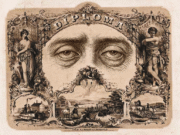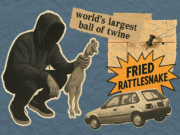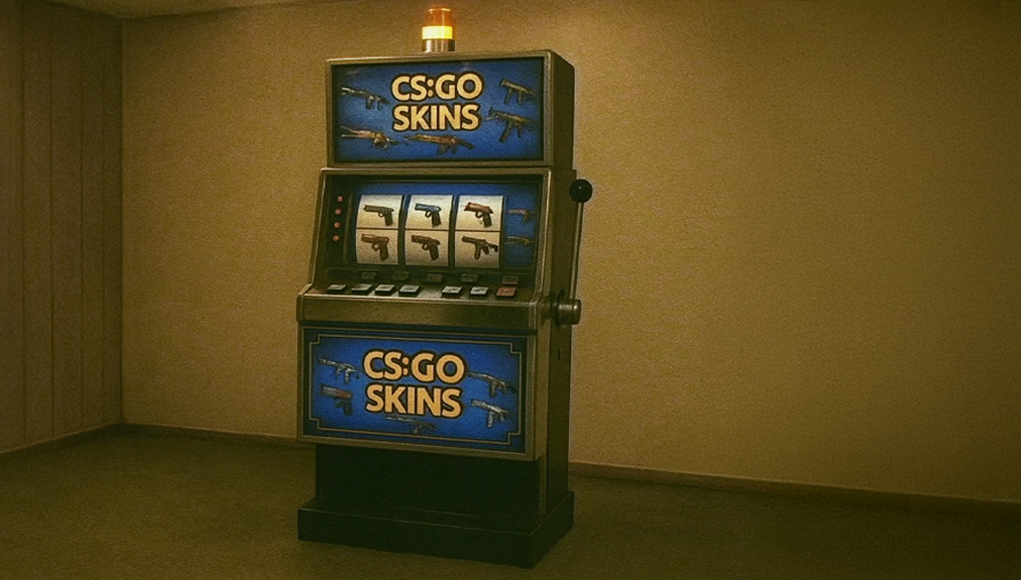From pixelated camo to crypto-fueled roulette wheels, CS:GO skins have evolved from harmless cosmetics to high-stakes currency.
In 2013, Valve dropped the Arms Deal update for Counter-Strike: Global Offensive (CS:GO), introducing weapon skins—purely cosmetic items that changed the look of your guns without affecting gameplay. They were flashy, fun, and quickly became status symbols. But what started as digital flair soon spiraled into a multibillion-dollar underground economy, complete with marketplaces, gambling dens, and a crypto-like ecosystem that’s still largely unregulated.
Skins: Just for Show?
At their core, CS:GO skins are digital paint jobs. They don’t make your AK-47 shoot straighter or your AWP hit harder. But in the world of online gaming, aesthetics matter. Rare skins like the Dragon Lore AWP or StatTrak™ Karambit knives can fetch tens of thousands of dollars. The allure? Rarity, exclusivity, and the bragging rights that come with owning a coveted item.
The Birth of a Digital Economy
Shortly after skins were introduced in 2013, third-party platforms like CSGOLounge popped up, allowing players to wager their skins on professional CS:GO matches. This wasn’t just trading — it was full-blown gambling, wrapped in a layer of digital novelty. Suddenly, your pixelated weapon wrap wasn’t just cosmetic flair — it was currency.
By 2016, the scene had snowballed. Dozens of new sites emerged offering roulette wheels, coin flips, crash games, and jackpot draws, all using skins as chips. Entire communities revolved around these digital casinos. A teenager could go from owning a $5 skin to pulling a $2,000 inventory haul in a night — or lose everything in seconds. Streamers, influencers, and esports personalities poured gasoline on the hype, showcasing flashy unboxings and high-stakes bets to thousands of viewers.
And the stakes were real.
In 2021, a Factory New AK-47 | Case Hardened with a rare pattern and four Titan Holo stickers from Katowice 2014 reportedly sold for over $400,000 in a private transaction — making it the most expensive CS:GO skin sale ever recorded. That’s more than a Tesla Model S, for a virtual rifle that functions exactly like the one you get for free in-game.
This wasn’t just fun and games anymore. It was a high-speed trading floor with avatars and assault rifles.
“In CS:GO, a skin is just a cosmetic—until it becomes
your currency, your gamble, your addiction.”
The Dark Side: Addiction and Exploitation
But where there’s gambling, there’s risk. The skin betting scene quickly became a haven for underage gambling, with many sites lacking proper age verification. Stories emerged of teenagers losing thousands of dollars’ worth of skins, leading to real-world consequences like depression and financial strain. The unregulated nature of these platforms meant there was little recourse for those who fell victim to scams or unethical practices.
Scams, Frauds, and Legal Gray Areas
The lack of oversight also opened the door for fraud. Some sites rigged games in favor of influencers to promote their platforms. Others disappeared overnight, taking users’ valuable inventories with them. While Valve issued cease-and-desist letters to several gambling sites in 2016, the decentralized nature of the internet meant many simply rebranded or moved operations elsewhere.
Not Just a CS:GO Problem
CS:GO isn’t alone in this. Other games have seen similar economies emerge:
- Dota 2: Another Valve title with a robust skin market.
- Team Fortress 2: Known for its hat economy, which has seen items sell for thousands.
- FIFA: Ultimate Team cards have been linked to gambling-like mechanics.
- Rust: Skins can be traded and sold, with some fetching high prices.
A Question of Responsibility
Look, I’m not here to moralize. If you want to drop cash on a pixel-perfect knife, that’s your call. But it’s worth stepping back every once in a while and asking: When does a game stop being just a game? CS:GO is still fun, sure — but it’s also a mirror of the internet’s best and worst instincts. And for the younger generation growing up in this environment, the lines between competition, commerce, and compulsion are getting blurrier by the match.










































